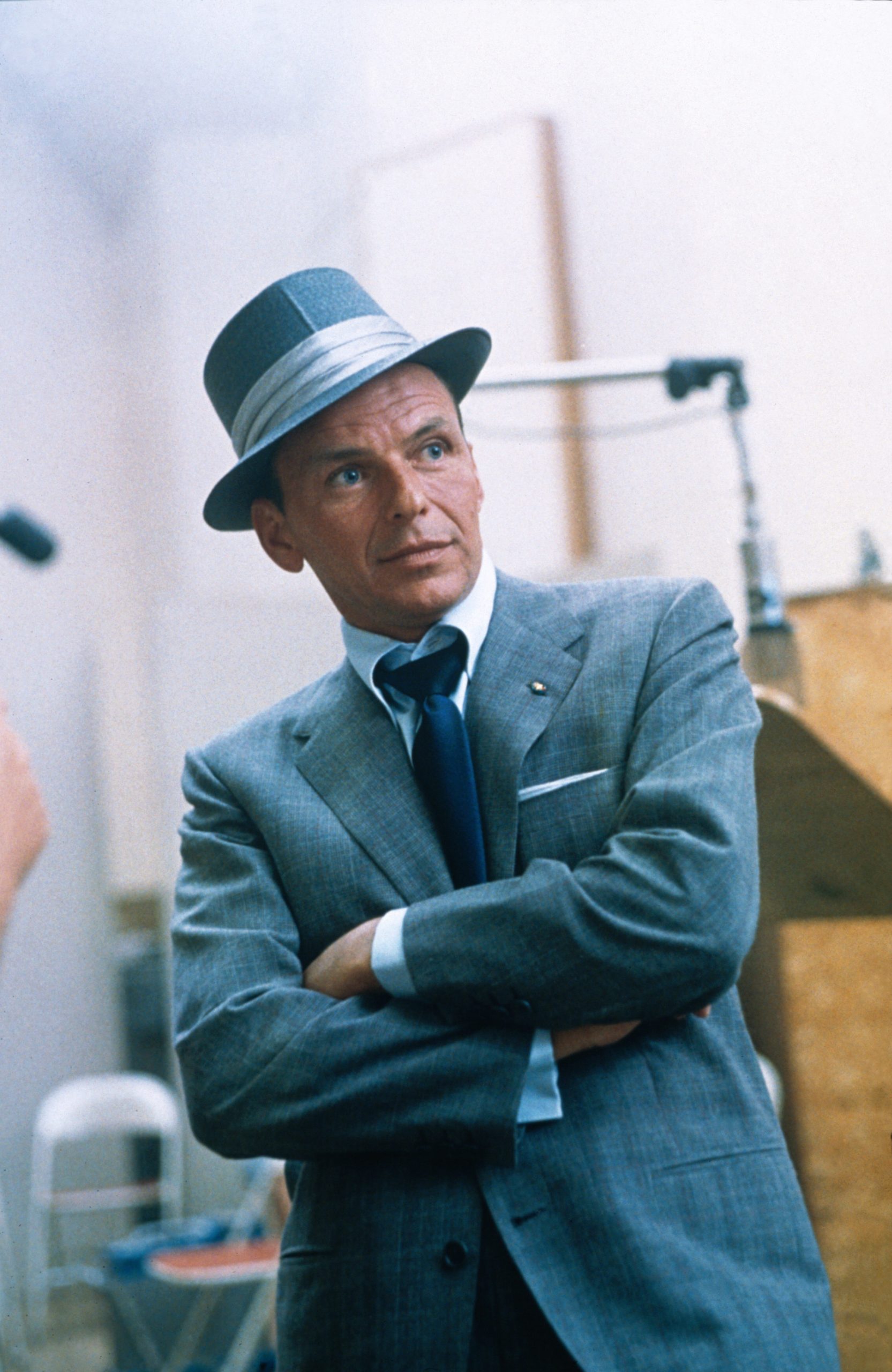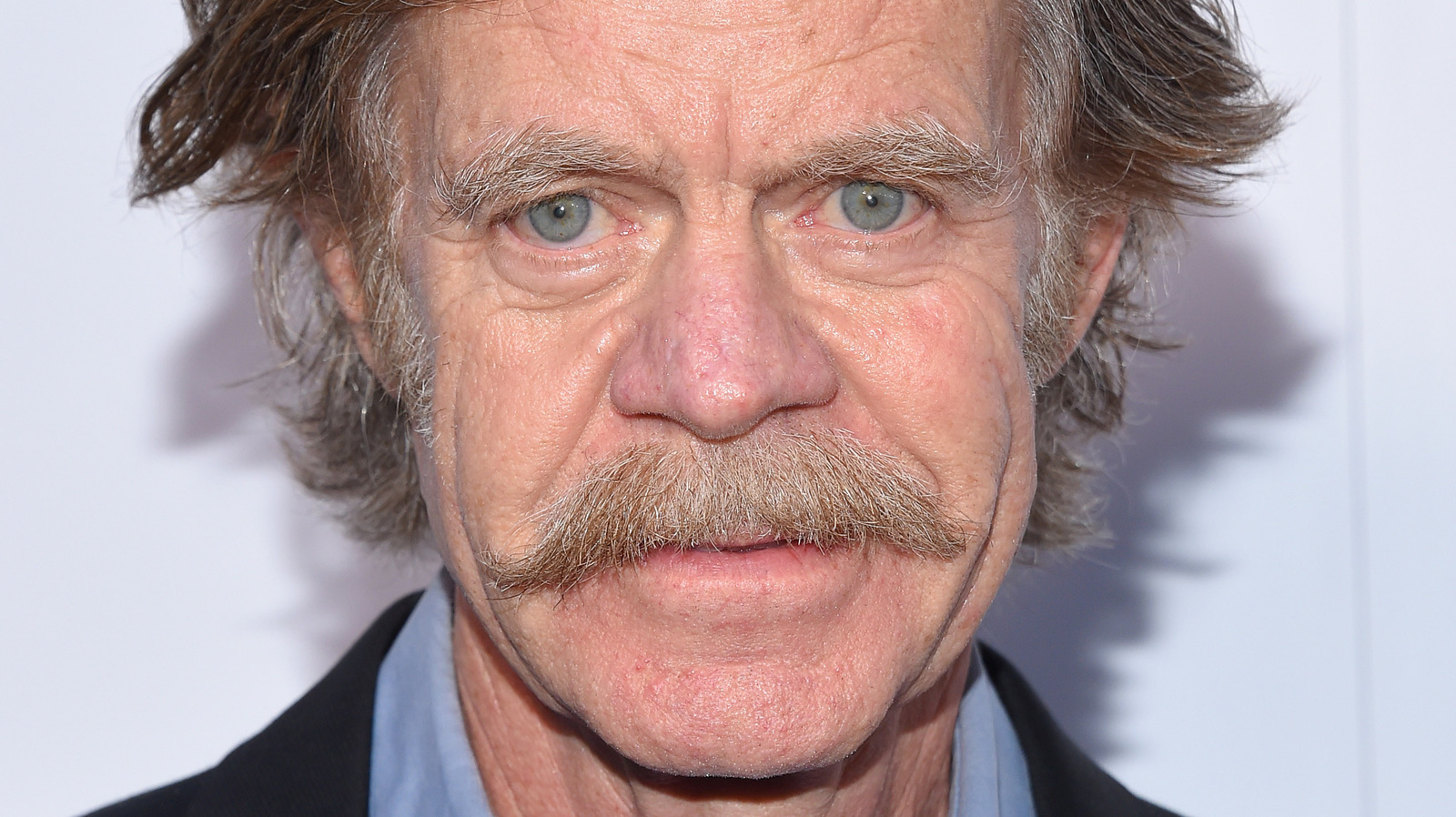Frank Silvera - The Man With A Thousand Faces
When you think about actors who truly shaped what we see on screens and stages, the name Frank Silvera really ought to come to mind. He was, in a way, a master of transformation, someone who could step into so many different kinds of roles and make them all feel completely real. His ability to just melt into a character, no matter their background or where they came from, was something quite special, and it's a big part of why people remember him even today.
Frank Silvera, born in Kingston, Jamaica, had a journey that took him from those island beginnings all the way to Boston, where he grew up. It’s almost like, his path was set, you know? He was studying law, which is a pretty serious line of work, but then he got this chance, this first part on a stage, and that was it. He decided to leave his law studies in 1934, choosing the theatre instead. This choice, as a matter of fact, opened the door to a career that would see him become one of the most interesting performers of his time.
During the 1950s and 1960s, Silvera was, quite simply, everywhere. He acted, he directed, and he brought a unique touch to everything he did. But his impact wasn't just limited to the entertainment business; he was also a passionate advocate for civil rights and even helped start an important place for writers. He really was, in some respects, a person who cared deeply about both his craft and making the world a bit better.
Table of Contents
- Biography of Frank Silvera
- What Made Frank Silvera Stand Out?
- Beyond the Stage - Frank Silvera's Other Passions
- How Did Frank Silvera Shape the Arts?
- Where is Frank Silvera Remembered?
- What Was Frank Silvera's Legacy?
- A Look Back at Frank Silvera's Life
Biography of Frank Silvera
Frank Alvin Silvera's story began on July 24, 1914, in Kingston, Jamaica. When he was just six years old, his family made the big move to the United States, settling down in Boston. This early experience, you know, moving from one place to a completely new one, might have given him a unique perspective on life and people, which perhaps helped him later in his acting work. He started out, as we mentioned, studying law, which is a rather different path from what he ended up doing.
However, fate, or perhaps just a lucky break, had other plans for him. In 1934, he got his very first role on stage. This wasn't just any role; it was enough to make him decide that the legal books could wait. He left law school right then and there, choosing to follow the call of the theatre. This decision, in a way, set him on a course that would allow him to touch many lives through his performances and his dedication to the arts.
Throughout the 1930s and 1940s, he was busy honing his skills, getting ready for what would become his most impactful years. He was, quite frankly, building a foundation for a career that would make him a truly respected figure in both stage and screen. His early days were about learning and growing, preparing him for the significant contributions he would make later on.
Personal Details and Bio Data of Frank Silvera
| Full Name | Frank Alvin Silvera |
| Born | July 24, 1914, Kingston, Jamaica |
| Died | June 11, 1970, Pasadena, California (Accidental) |
| Known For | Versatile actor, director, civil rights activist, "The Man with a Thousand Faces" |
| Notable Roles | Mexican ranch owner on "High Chaparral", films like "Viva Zapata", "The Appaloosa" |
| Burial Place | Long Island National Cemetery, New York |
| Foundations | Frank Silvera Writers' Workshop Foundation, Frank Silvera Theatre of Being |
What Made Frank Silvera Stand Out?
What really made Frank Silvera special, people often ask? Well, it was, in a very real sense, his incredible ability to become anyone he played. He wasn't just acting a part; he seemed to truly embody the people he portrayed. This kind of talent is pretty rare, and it meant that whether he was on a stage, in a film, or on television, he could just look and sound like someone from any walk of life, from any background. He had this remarkable gift for making you believe he was whoever he said he was.
His obituary, which appeared in the New Pittsburgh Courier on June 27, spoke about this very thing. It highlighted how he was able to play such a wide array of roles, making him known as "the man with a thousand faces." This nickname wasn't just a catchy phrase; it was a genuine reflection of his skill. He had this way of changing his look and his voice, so much so that he could convincingly portray people of different races and nationalities, which was quite something, especially for his time.
The Acting Range of Frank Silvera
The range of characters Frank Silvera took on was, honestly, quite something to behold. In motion pictures, for instance, he played roles where he was understood to be Black, Latino, Polynesian, and even white or racially indeterminate. This ability to cross what were, at the time, very rigid lines in casting was truly unique. He didn't just play these parts; he brought a depth and believability to each one, which really showed his dedication to his craft.
His strongest performances, people often say, were in the 1950s and 1960s. This was a period when he was really hitting his stride, delivering memorable turns that stayed with audiences. For example, he starred in films that are still talked about today, like "Viva Zapata" and "The Appaloosa." These roles really let him show off his talent for creating characters that felt rich and complex, regardless of their background.
It's interesting, too, that despite his incredible versatility, there were still barriers. He wasn't able to play a Black man, for instance, until he actually financed his own project. This fact, in a way, speaks volumes about the challenges actors of color faced, even one as talented and widely recognized as Frank Silvera. It shows his commitment to portraying a full spectrum of human experience, even when he had to create the opportunity himself.
On television, many people remember him as the Mexican ranch owner on the series "High Chaparral." This role, for many, was a defining one, showcasing his ability to bring a sense of dignity and authenticity to characters that might otherwise have been stereotypes. He truly had a knack for making every character feel like a real person, with a life and history of their own, which is a pretty impressive feat for any actor.
Beyond the Stage - Frank Silvera's Other Passions
Frank Silvera was, quite clearly, much more than just an actor who showed up for his lines. He was a person with deep convictions, someone who believed in using his voice and his influence to make a difference in the world around him. His commitment to social causes, particularly civil rights, was a very important part of who he was. He didn't just talk about change; he actually worked to bring it about, which is something to really admire.
His involvement in the civil rights movement wasn't just a casual thing; it was a core part of his life. He saw the injustices happening and felt compelled to act. This dedication to fairness and equality truly set him apart, showing that his passion extended far beyond the footlights of the stage or the glare of movie cameras. He was, in some respects, a true advocate for human dignity, using his platform to speak up for what was right.
Frank Silvera as a Civil Rights Voice
One of the most lasting contributions Frank Silvera made outside of his acting was his role as a civil rights activist. He wasn't just a supporter; he was a founder of the Frank Silvera Writers' Workshop Foundation. This organization was created to give a voice to playwrights, especially those from diverse backgrounds, who might not otherwise have had the chance to share their stories. It was, in a way, a direct extension of his belief in equality and opportunity for everyone.
The workshop, even today, continues to be a place where new voices can grow and develop, carrying on the spirit of Silvera's original vision. It's a testament to his foresight and his dedication to nurturing talent, particularly within communities that have historically been overlooked. He really understood the importance of storytelling and how it could shape perceptions and bring about change. So, his work in this area was, arguably, just as significant as any role he ever played.
How Did Frank Silvera Shape the Arts?
Beyond his individual performances and his work for civil rights, Frank Silvera also left a very tangible mark on the arts community through the institutions he helped create. He wasn't content just to be an actor; he wanted to build spaces and opportunities for others, which is a pretty generous way to approach your profession. He had a vision for how the arts could grow and include more voices, and he worked to make that vision a reality.
His efforts in establishing these organizations show a deep commitment to the future of theatre and storytelling. He understood that for art to truly flourish, there needed to be places where artists could learn, experiment, and share their work without undue barriers. This kind of forward-thinking approach, you know, really helped shape the landscape for many who came after him. He was, in some respects, a true builder within the artistic community.
The Frank Silvera Theatre of Being
One significant way Frank Silvera influenced the arts was by founding the Frank Silvera Theatre of Being in Los Angeles. This wasn't just another theatre; it was a place that embodied his approach to acting and his belief in the authenticity of performance. The name itself, "Theatre of Being," suggests a focus on genuine expression and a deep connection to the human experience, which was very much at the heart of Silvera's own work.
This theatre, in a way, became a hub for artists who shared his philosophy, providing a space where they could explore their craft with freedom and depth. It was a place where talent could be nurtured and where stories that might not otherwise have been told could find a stage. The establishment of this theatre really shows his dedication to creating opportunities and fostering a particular kind of artistic integrity. It’s almost like he was saying, "Let's create a space where we can truly be ourselves through our art."
Where is Frank Silvera Remembered?
It's only natural to wonder where someone as impactful as Frank Silvera is remembered, isn't it? His life and contributions are, as a matter of fact, honored in several ways, ensuring that his legacy continues to inspire. While his performances live on through film and television, there are also physical places and ongoing initiatives that keep his memory alive, which is really quite lovely to think about.
For one thing, he is laid to rest in the Long Island National Cemetery in New York. This place serves as a quiet, lasting tribute to his life. But beyond a burial site, his name lives on through the very organizations he helped create, like the Frank Silvera Writers' Workshop Foundation and the Frank Silvera Theatre of Being. These institutions, in a way, are living memorials, continuing the work he started and impacting new generations of artists.
People still talk about his remarkable ability to play so many different kinds of characters, a skill that earned him the nickname "the man with a thousand faces." This recognition, you know, is a powerful way for his artistic contributions to be remembered. So, whether it's through the ongoing work of the foundations, the quiet dignity of his resting place, or simply the stories people tell about his incredible acting, Frank Silvera's presence is still very much felt.
What Was Frank Silvera's Legacy?
So, what exactly did Frank Silvera leave behind for us to appreciate? His legacy, in some respects, is a rich and varied one, stretching across different areas of life. He was, truly, a person who made a mark not just as a performer, but as someone who cared deeply about making the world a bit more just and fair. His impact goes beyond just the roles he played; it's also about the doors he opened for others.
His ability to portray such a wide array of characters, for instance, helped challenge traditional notions of casting and representation in entertainment. He showed that talent knows no boundaries of race or nationality, which was a pretty significant statement for his time. This kind of trailblazing, you know, paved the way for more diverse storytelling and a broader range of opportunities for actors from all backgrounds.
Beyond the screen, his work as a civil rights activist and his efforts in establishing organizations like the Frank Silvera Writers' Workshop Foundation speak volumes about his commitment to social change and artistic development. These foundations, as a matter of fact, continue to nurture new talent and provide platforms for voices that might otherwise go unheard. So, his legacy is not just about what he did, but also about what he enabled others to do, which is a truly lasting contribution.
A Look Back at Frank Silvera's Life
Looking back at Frank Silvera's life, you see a person who was deeply committed to his craft and to making a positive difference. From his early days in Kingston, Jamaica, to his life in Boston, and then his remarkable career in Hollywood and on stage, he lived a life that was full of purpose and passion. He was, in a way, a person who truly lived life on his own terms, making choices that reflected his beliefs and his artistic spirit.
He was known for his incredible versatility, for being "the man with a thousand faces," and for good reason. Whether he was playing a role that was Black, Latino, Polynesian, or white, he brought a level of authenticity that was truly captivating. This dedication to his characters, and his willingness to take on a variety of parts, really set him apart in his time. He was, quite simply, a performer who gave his all to every role.
His work extended beyond acting, too. He was a vocal civil rights activist and a founder of important artistic institutions. These efforts show that his vision was much bigger than just his own career; he wanted to build something lasting for the artistic community and for society as a whole. So, his story is one of talent, dedication, and a deep commitment to both art and justice, which is a pretty inspiring combination.
Frank Silvera's Final Bow
Frank Silvera's life, sadly, came to an end on June 11, 1970. He passed away in Pasadena, California, in what was described as an accidental death. This unexpected end, you know, cut short a career that was still very much in its prime and left a void in the entertainment world and in the civil rights community. His passing was, for many, a moment of real sadness, marking the loss of a truly unique talent.
Despite his untimely death, the impact of his work and his contributions continues to be felt. The foundations he helped establish, for instance, carry on his name and his mission, providing opportunities for new generations of artists. His performances, too, remain a testament to his extraordinary skill and his ability to connect with audiences across different genres and backgrounds. So, while his final bow came too soon, his influence, in a way, lives on.

UNIVERSAL MUSIC GROUP THEATRICAL AND FRANK SINATRA ENTERPRISES ANNOUNCE

Frank's Shameless Secrets Revealed!

Frank Zane Workout: His Top 10 Training Tips - The Barbell